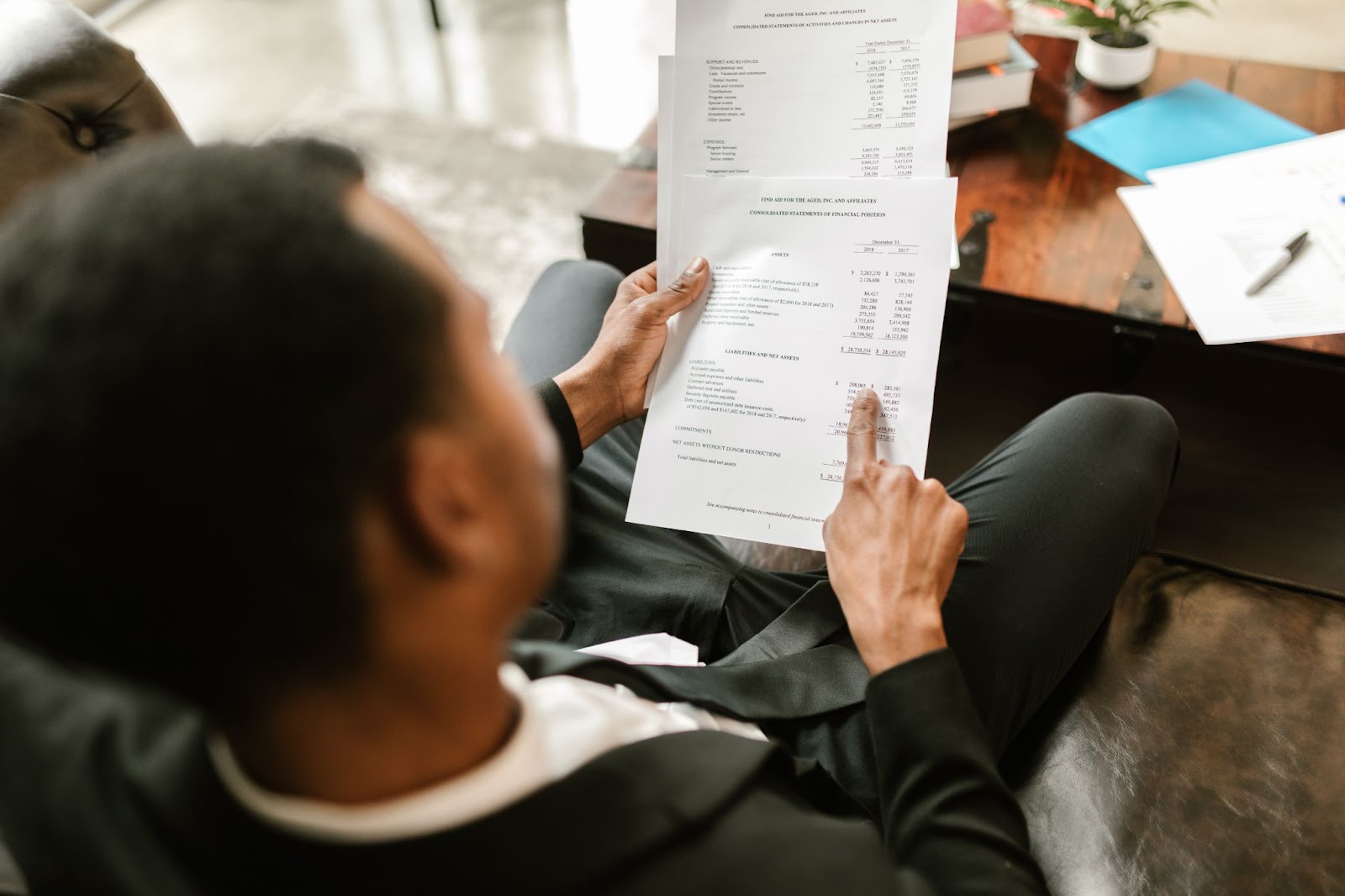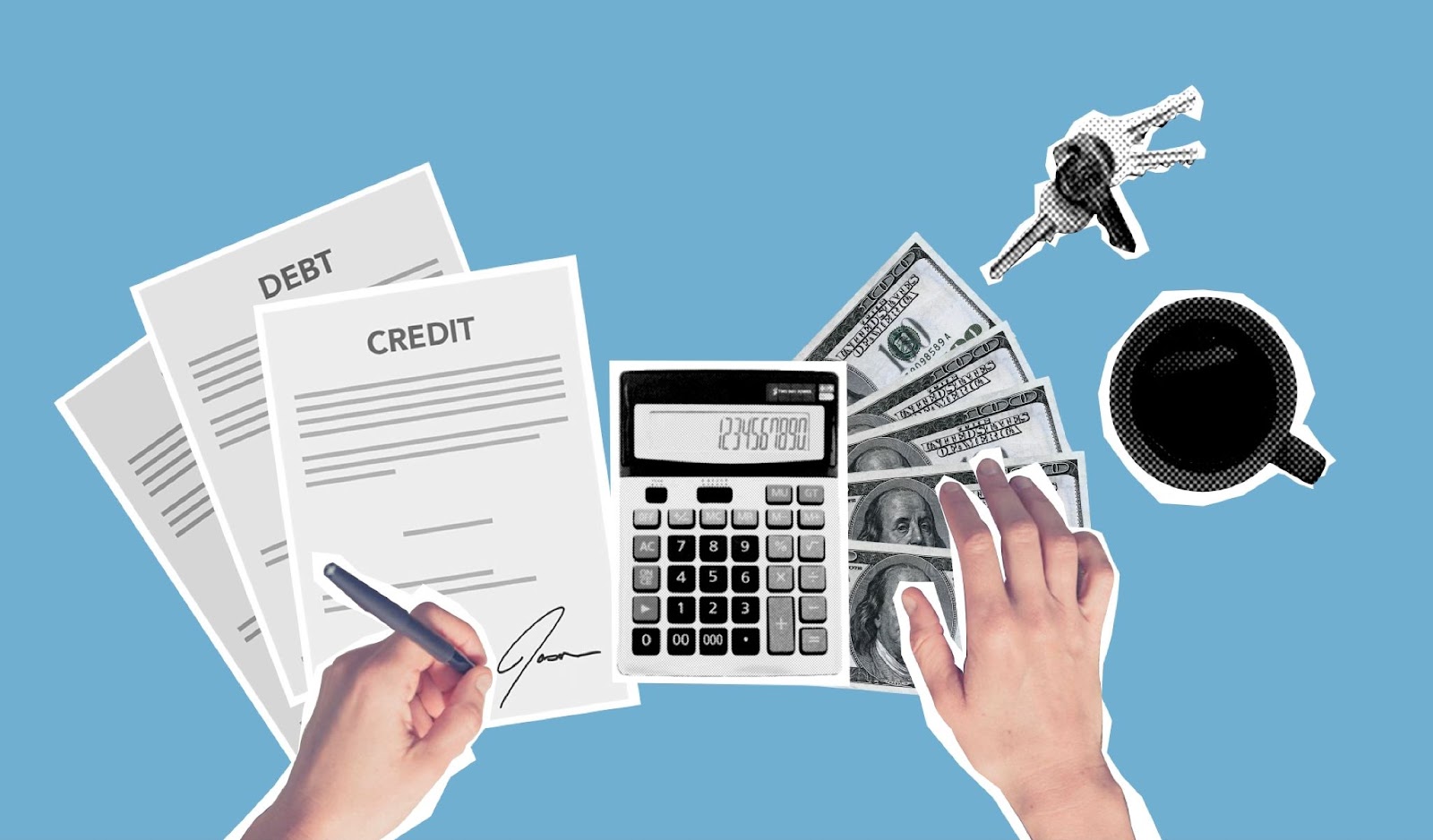Landlord Blog
Education and news for smart DIY landlords!
Mistakes to Avoid When Applying for a House Loan

Many of us dream of owning a house one day. But the sad reality is not everyone can afford that dream. Buying a real estate property requires solid planning and making the right financial decisions throughout the process, especially when you don’t have enough assets or savings at your disposal.
If you can’t afford to purchase a house in cash, applying for a home mortgage is one of the best viable options. However, getting that mortgage approved may also be one of the most challenging experiences you’ll encounter as a homebuyer. To increase your chances of approval, you should avoid these five mistakes when applying for a house loan.
1. Not knowing your credit history
Your ability to pay back your debts, be it car loans, credit card bills, or a mortgage, is reflected in your credit history. It’s one of the first things loan companies will consider when assessing your application. Applying for a house loan without knowing your credit history decreases your chances of getting approved, especially if you have a poor credit history — such as not paying your bills on time or owing too much money.
A bad credit score means you’re not creditworthy in the eyes of lenders, which may cause them to restrict the amount you can borrow or reject your application altogether.
2. Not exploring all options

When you apply for a specific type of house loan without exploring other options, you rid yourself of the chance of getting the best deal. Not all home loans are the same, and not all lenders offer the same interest rates. Understanding the different mortgage options, such as conventional loans, government-issued loans, or fixed-rate mortgages, among other loans, and comparing the offers from various loan companies are crucial for finding the best terms that fit your finances.
3. Using up all savings for the down payment
Most mortgage lenders will require you to pay a down payment of at least 3% of the property’s price. The amount of your down payment will determine the interest rate and term of payment lenders will give you. While a larger down payment may get you a more expensive property or a lower interest rate, using up all your savings for it can be a big mistake. You’ll lose liquidity in your finances necessary to shoulder future expenses, emergencies, or other investments.
4. Submitting too many loan applications
Exploring all options is one thing, but submitting too many loan applications is another. The drawback of having too many applications is that they go on your credit history, even when you didn’t take that mortgage. Lenders may assume you were rejected for those loans, which negatively affects your credibility as a borrower.
5. Prioritizing interest rates

While the lowest interest rates may seem to save you the most money, it’s not always the case when it comes to home loans. Interest rates are essential, but you should also consider other factors, including fees, closing costs, and loan terms. All of these factors could come into play in financing a home. Looking into interest rates alone could have the opposite effect and cost you more money in the long run.
Conclusion
Applying for a house loan is a smart financial decision, especially for those who can’t pay for the property outright. Having enough money to pay the 20% down payment of the property you’re trying to buy will make it easier for lenders to approve your mortgage. However, if you want to increase your chances of approval, take note of these five mistakes and avoid them during your application. Getting your loan approved takes you one step closer to your dream house.
Read related articles here:
